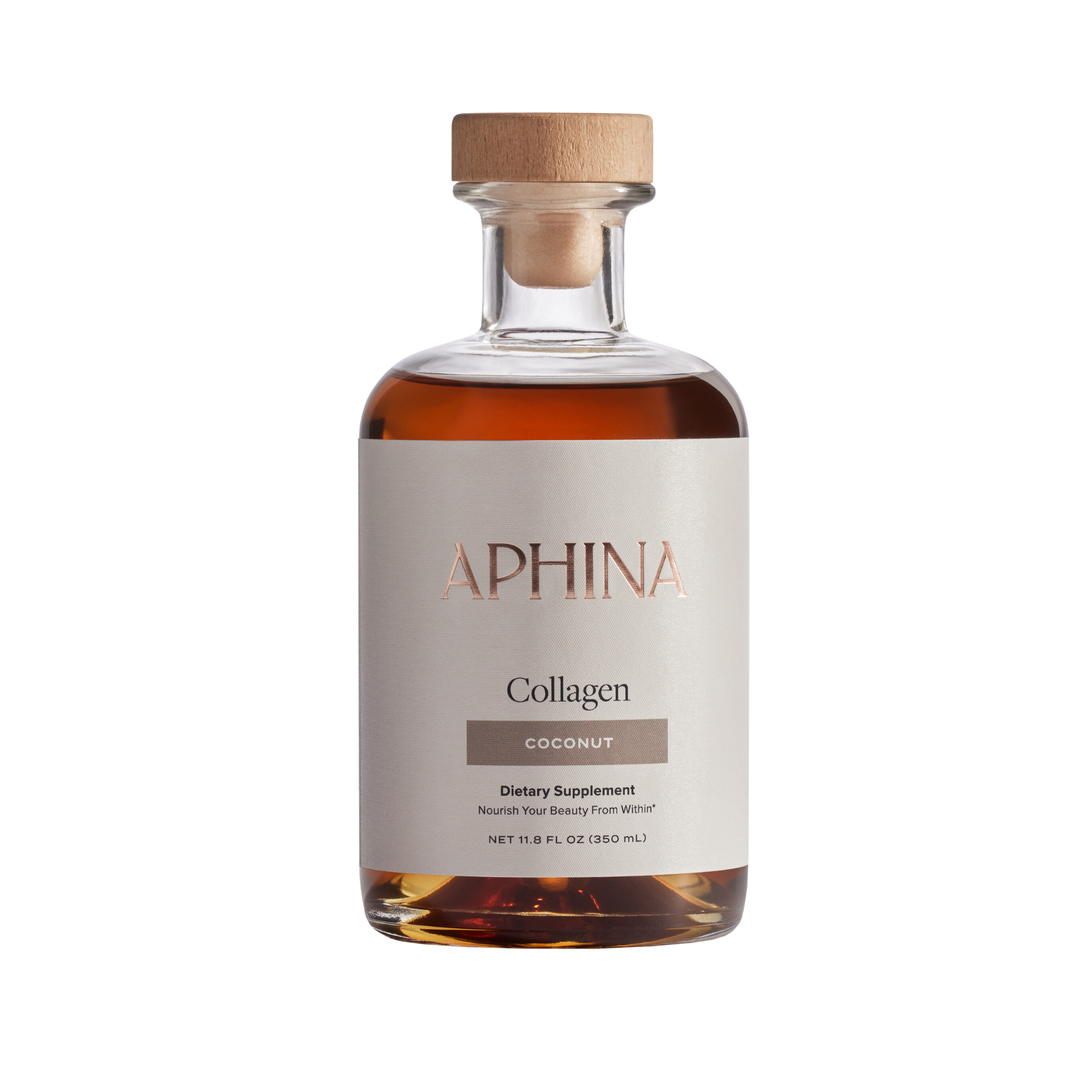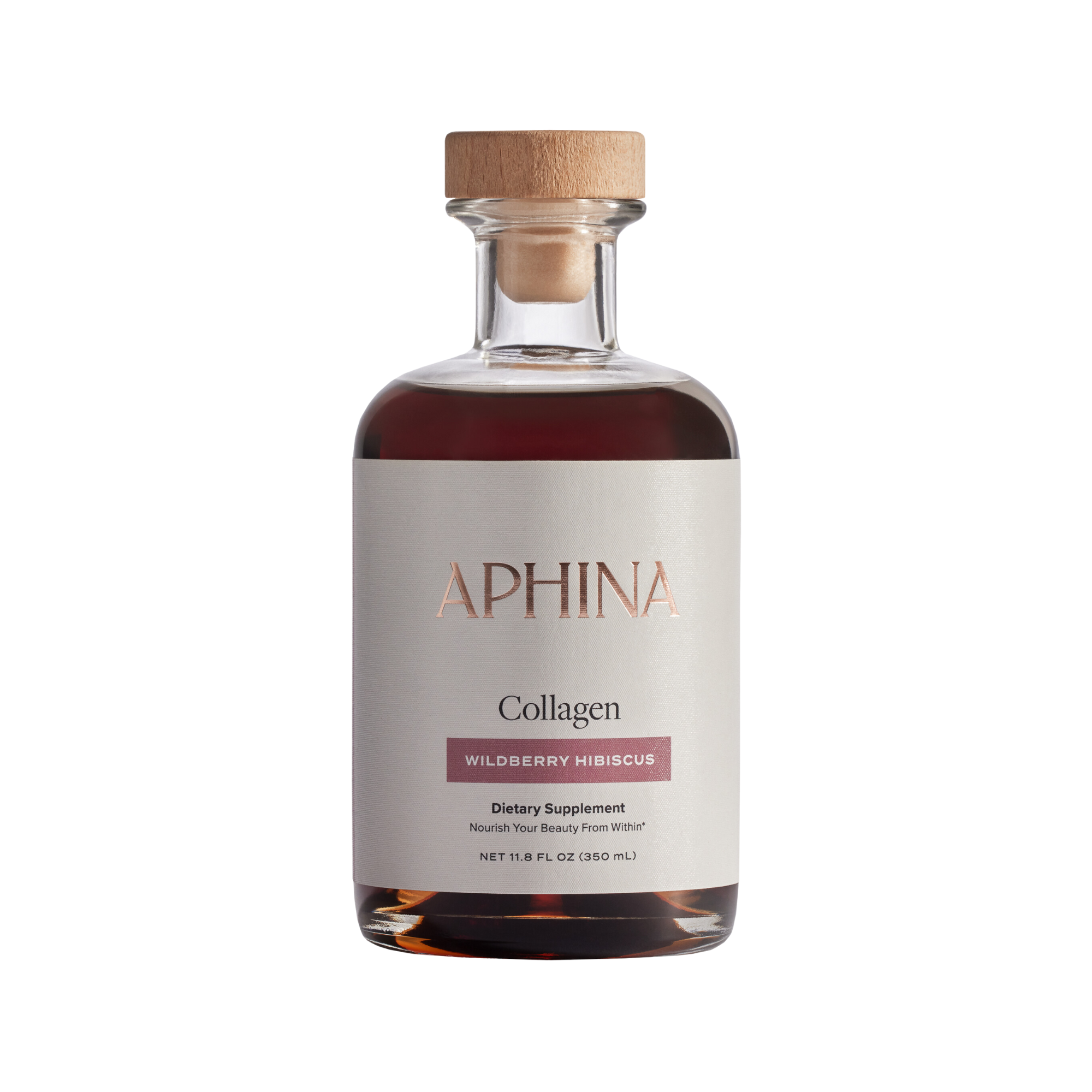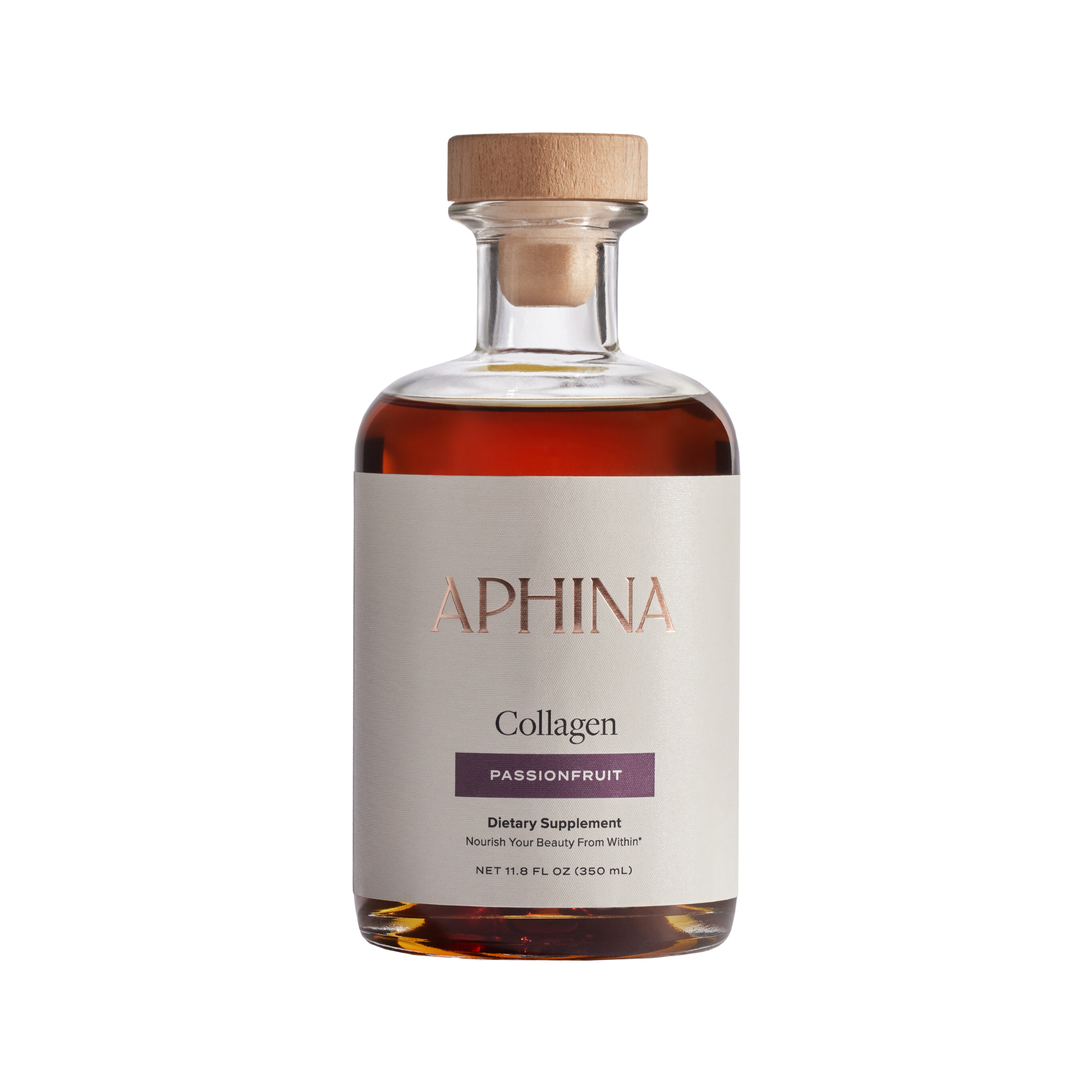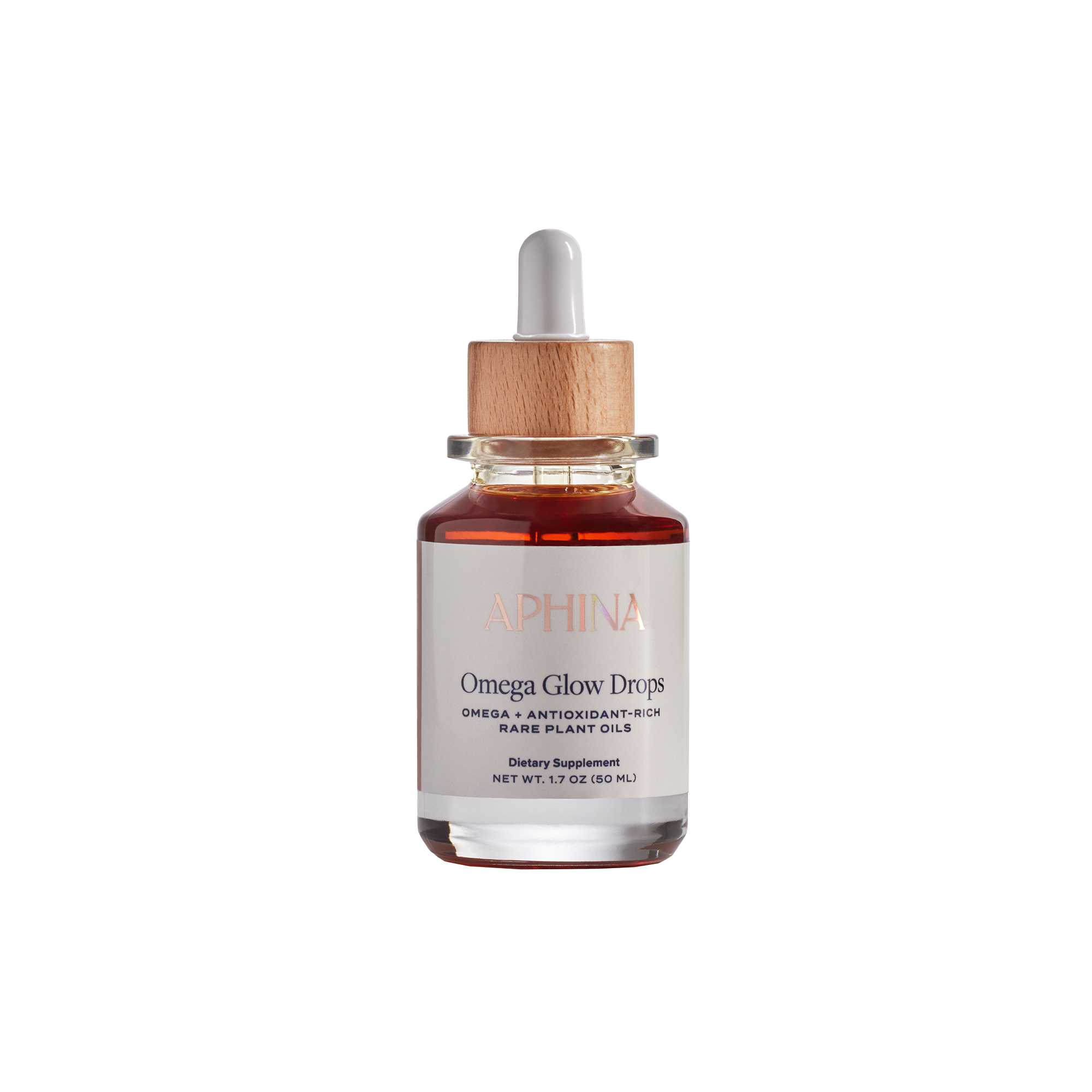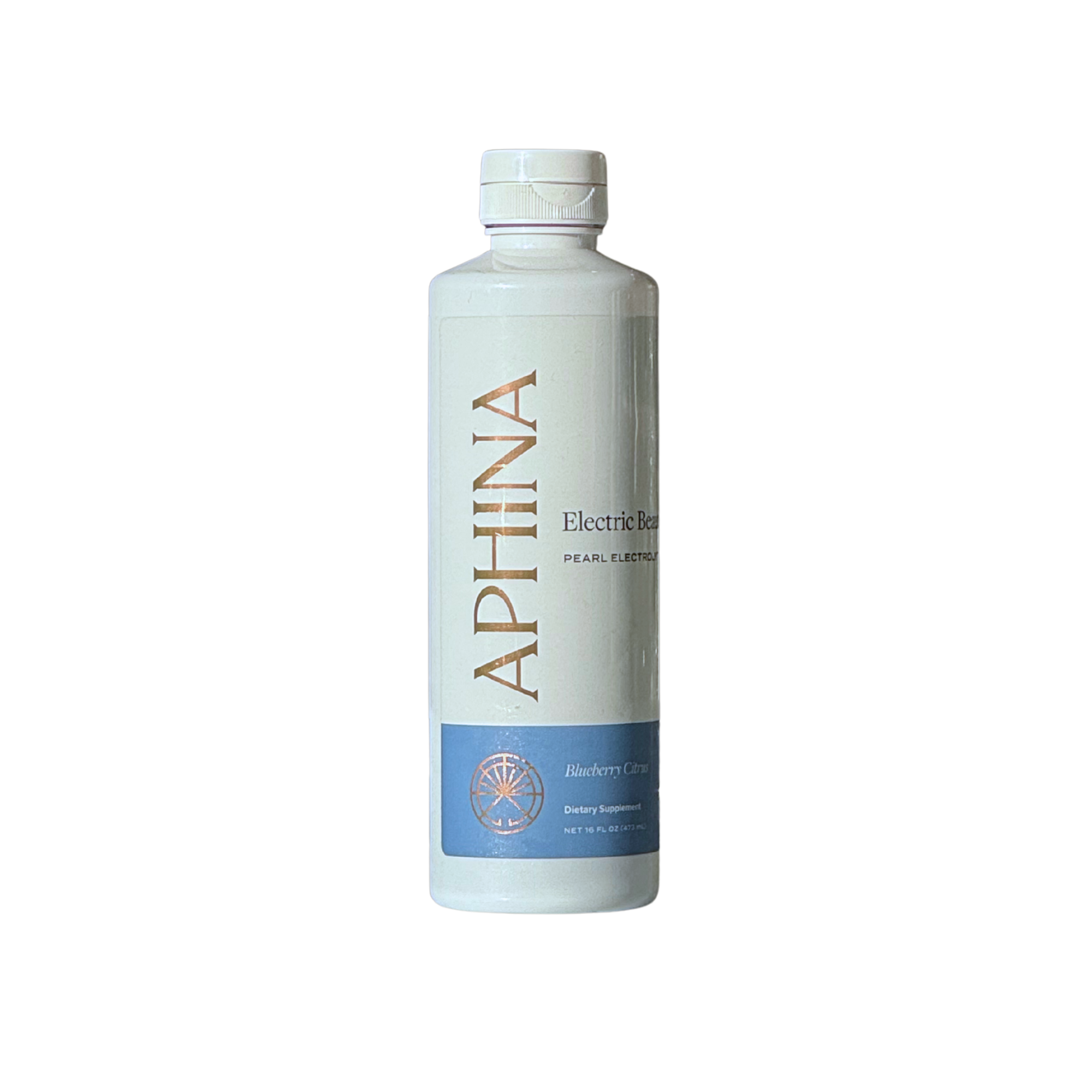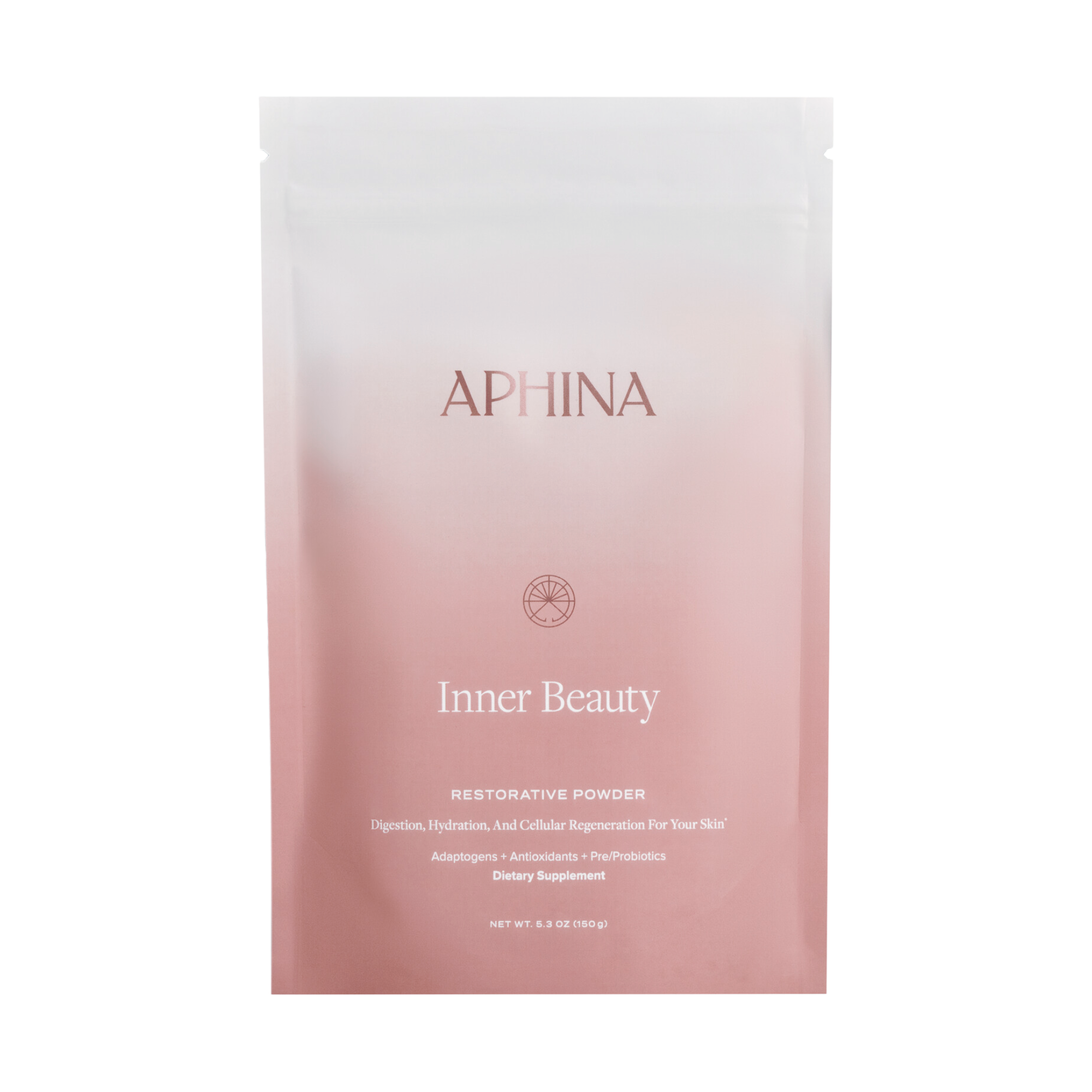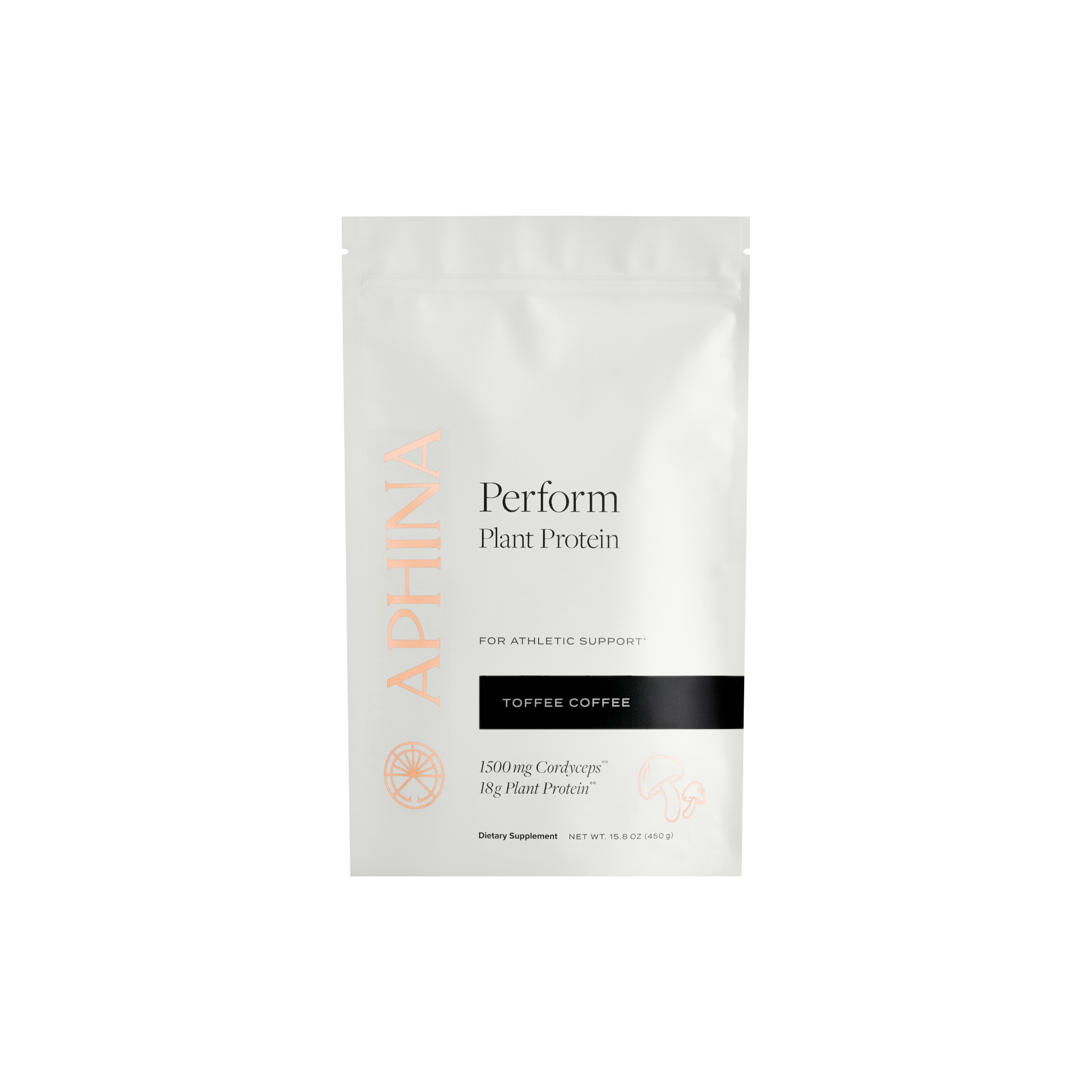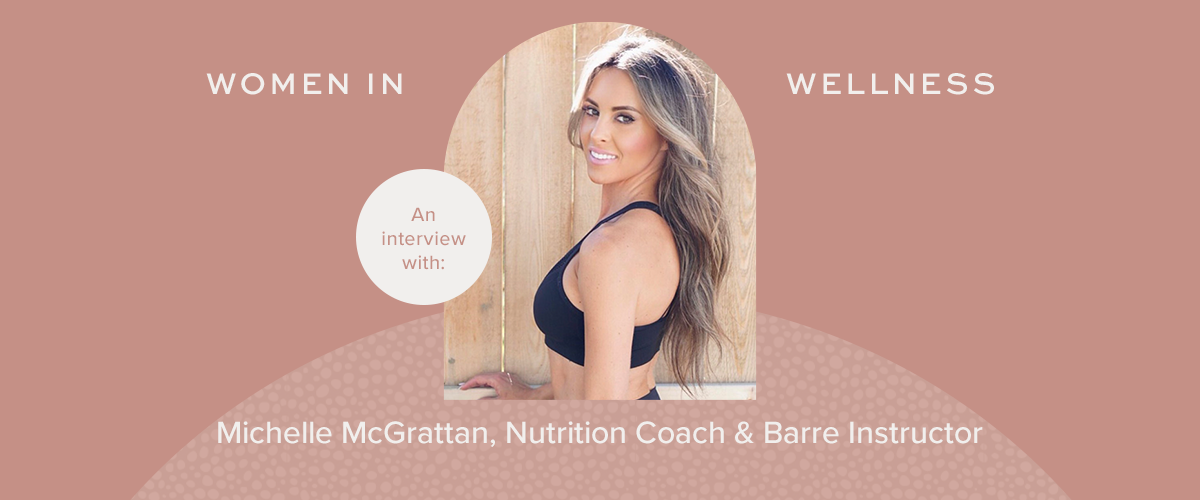Whole Foods – Restoring Your Healthy Nutrient Levels Holistically
When it comes to eating healthy, well-balanced meals, our busy lifestyles often lead to an energy-rich, nutrient-poor diet consisting of processed foods that leaves us well fed, but chronically undernourished. Although low energy is often a sign of poor nutrition, skin conditions, sluggish immunity or mental fatigue may have us turning to supplements and multivitamins to nourish the health + beauty of our skin, body and mind.
Here’s the difference between synthetic and natural nutrients found in supplements:
Synthetic nutrients – isolated nutrients, usually manmade, chemically altered and artificially manufactured through an industrial process or within a laboratory setting
Natural nutrients – wholefood nutrients, made from concentrated, dehydrated and processed foods using low-thermal technologies that retain their nutritional integrity
Although synthetic and natural nutrients are nearly chemically identical, it’s unclear how well synthetic nutrients are absorbed and used within the body.
When you eat whole foods however, you’re not consuming single, synthetic nutrients, but rather a complex array of micronutrients like vitamins, minerals, fiber and antioxidants that fill your nutritional gaps and restore healthy nutrient levels.
Here’s some examples of how you can add vitamin K into your diet:
- Taking a synthetic isolate of vitamin K
- Eating whole foods high in vitamin K, like spinach
- Supplementing natural vitamin K from whole foods, like spinach
By taking a synthetic isolate of vitamin K, however, you’ll be missing out on all of the healthy micronutrients and benefits associated with whole foods, like spinach.
With so much nutrition packed into whole foods, did you know that many of those micronutrients are still unnamed and unmeasured? While there’s so much we still don’t know about the complex combinations that make up whole foods, the ones with the most beneficial, known nutrients (like berries and leafy greens) likely contain the most beneficial, yet unknown, compounds as well.
We love to oversimplify foods in our diet, but just because they may contain an individual nutrient that we recognize, rather than the complex combination of compounds found in whole foods, doesn’t necessarily make that product any good for you. What we do know is that research consistently links natural nutrients to many health benefits for your skin, body and mind.
To recap, here’s a quick summary of synthetic and natural nutrients:
| Synthetic | Natural |
| Made artificially in an industrial process | Plant or animal-based |
| Single, isolated nutrients | Complex, whole food nutrients |
| Majority of supplements are synthetic | Vast array of micronutrients |
| Unclear absorption and use by the body | Optimal absorption and use by the body |
| Inconsistently linked to health benefits | Consistently linked to health benefits |
We’re not saying that synthetic nutrients found in multivitamins are bad for you, though there is some concern in that regard, but rather getting natural nutrients from whole foods is always a better option.
How We Nourish With Whole Foods
While there’s no replacement for a healthy, well-balanced diet, you may not be receiving all of the natural whole food nutrients you need, especially when it comes to the health + beauty of your skin, body and mind.
To fill in the nutritional gaps and restore healthy nutrient levels holistically, our inner beauty powders combine the gut-health benefits of probiotics with all-natural whole foods and powerful herbs. It’s this unique combination in each of our nourishing formulas that will lead you to all the wonderful health + beauty benefits associated with our inner beauty powders.
As a final note, it’s always a good idea to commit to healthy nutrition and lifestyles choices overall, and get your nutrient levels checked regularly, especially if you adhere to a specific diet or have complaints such as skin conditions, low energy, sluggish immunity or mental fatigue. Remember that everyone is different and there is no one-size-fits-all solution.
References
-
https://www.healthline.com/nutrition/synthetic-vs-natural-nutrients#section4
- https://enzymedica.com/blogs/ingredient-science/are-whole-food-multivitamins-better-for-you

